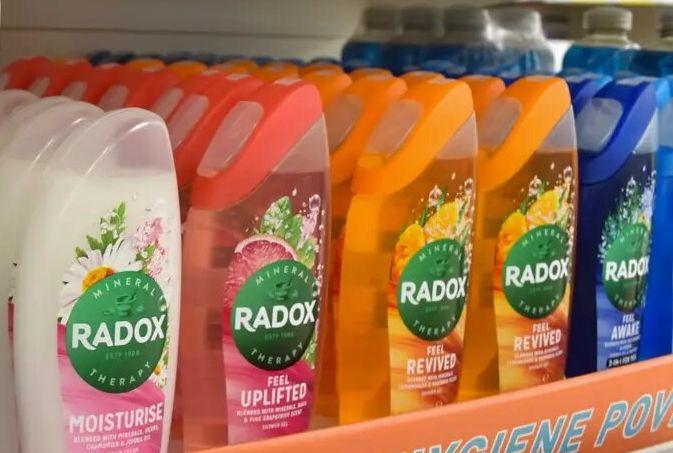Unilever boosts sustainability credentials with Radox and Dove moves
Unilever has ramped up the sustainability credentials of its Dove and Radox personal care brands – backed by a £7.2m marketing budget.

The fmcg giant is set to spend £4m on a push for Dove bodywash, which has been re-formulated to be plant-based.
The 13-strong range’s new formula was a “unique blend of three skin conditioners and gentle cleansers”, said Unilever. It is now certified by PETA as cruelty free and vegan.
Available now, the change aims to appeal to “85% of UK consumers who believe cruelty-free personal care products are important”, the supplier explained.
It also sees the addition of a hypoallergenic Dove bodywash (rsp: £2.50-£3/450ml)– following an InSites Consulting survey that last year found 94% of women had a dry skin condition, with 47% feeling “less beautiful and less confident as a result”.
Unilever has also redsigned the Radox shower gel bottle, moving the lid from the bottom to the top of the pack to make it easily refillable.
The new bottle is made with 50% recycled plastic – which would remove 450 tonnes of virgin plastic from the waste stream, Unilever claimed.
Radox has also been given a lineup of three refills (rsp: £1.75/500ml) in a soft plastic pouch, which used 74% less plastic than a standard bottles, the supplier added.
Feel Awake, Feel Refreshed and Feel Uplifted 500ml refills will hit shelves on 24 April, along with the redesigned bottles featuring “improved fragrances”. They will be supported by a £3.2m push.
Billed as Radox’s “biggest relaunch in 10 years”, the bottles and refill packs have been in development since 2019 as part of a “multimillion-pound investment” in packaging moulds and factory capabilities by Unilever, it said.
“We wanted Radox to become the most sustainable entry-level shower gel and we’re now the first brand within this tier offering 50% PCR plastic,”
said Unilever personal care GM Chris Barron.
Related news
Unilever and Google Cloud Partner to Pioneer Next Generation of Consumer Goods Technologies
🎧 Hallgasd a cikket: Lejátszás Szünet Folytatás Leállítás Nyelv: Auto…
Read more >Related news
The Hungarian Food Book is 50 years old
🎧 Hallgasd a cikket: Lejátszás Szünet Folytatás Leállítás Nyelv: Auto…
Read more >








